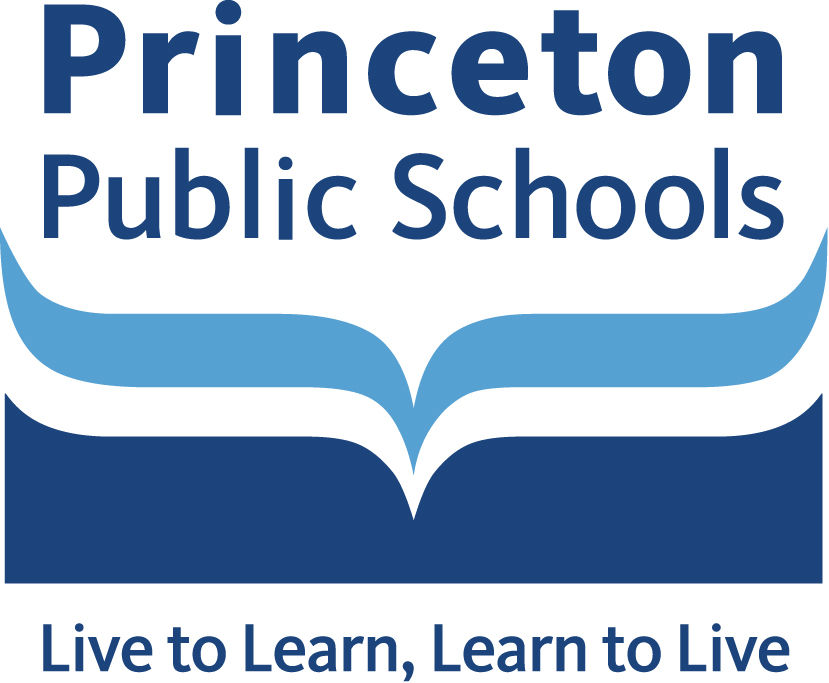By Philip Sean Curran, Staff Writer
Public school students in Princeton with a debilitating health condition will be able to take medical marijuana in edible forms at school, based on a policy the Board of Education must approve.
Officials said this week that Princeton has to meet the requirement of a state law that Gov. Chris Christie signed last year mandating school districts adopt policies allowing parents, guardians or caregivers to administer the marijuana on school grounds, on school buses and at school-sanctioned events. The policy came up for a first reading at the school board meeting on Tuesday, and will be adopted to take effect for this school year, the district said.
“This is a policy that is required by the state for every school district to adopt,” said board member Tom Hagedorn Tuesday at the meeting. “Similar policies have already been adopted by other local districts.”
In New Jersey, adults and children under the age of 18 who have a doctor-certified health problem, including but not limited to cancer or multiple sclerosis, are eligible to participate in the state’s medical marijuana program. Gov. Christie earlier this month signed a law expanding the list of debilitating medical conditions to include post-traumatic stress disorder.
The state has a mandatory registration process, including a $200 fee and an ID card, so only students in the program would be allowed to use the drug on school grounds.
In the policy before the school board, the document said parents, guardians and primary caregivers are allowed to administer the drug, in language mirroring the state law, which does not allow marijuana to be smoked or inhaled.
“The prescribed medical marijuana must be in the possession of the primary caregiver at all times, except during the administration process,” the policy read in part.
“The parent of the student authorized to engage in the medical use of marijuana must submit a written request with supporting documentation to the principal requesting approval to have a primary caregiver assist in the administration of medical marijuana to the student while on school grounds, aboard a school bus or attending a school-sponsored event,” the policy read.
Elsewhere, it said: “The medical use of marijuana by a qualifying student patient while on school grounds, aboard a school bus or attending a school-sponsored event will only be authorized after the written approval from the principal is provided to the parent.”
This week, the district was unable to get into specific details about the policy.
Asked if any current students in Princeton are using medical marijuana, Superintendent of Schools Stephen C. Cochrane said Tuesday that was something on which he was not allowed to comment.
The state Department of Health, citing patient confidentiality, said Wednesday that it would not disclose how many people under 18 in New Jersey have been issued credentials to use the drug.
“Upon the Department’s issuance of a registry identification card to a qualifying patient who is a minor,” the agency said in an email, “the Department shall issue a primary caregiver registry identification card to the minor’s custodial parent, guardian or other legal custodian of the minor, provided the custodial parent, guardian or other legal custodian has qualified as a primary caregiver.”

